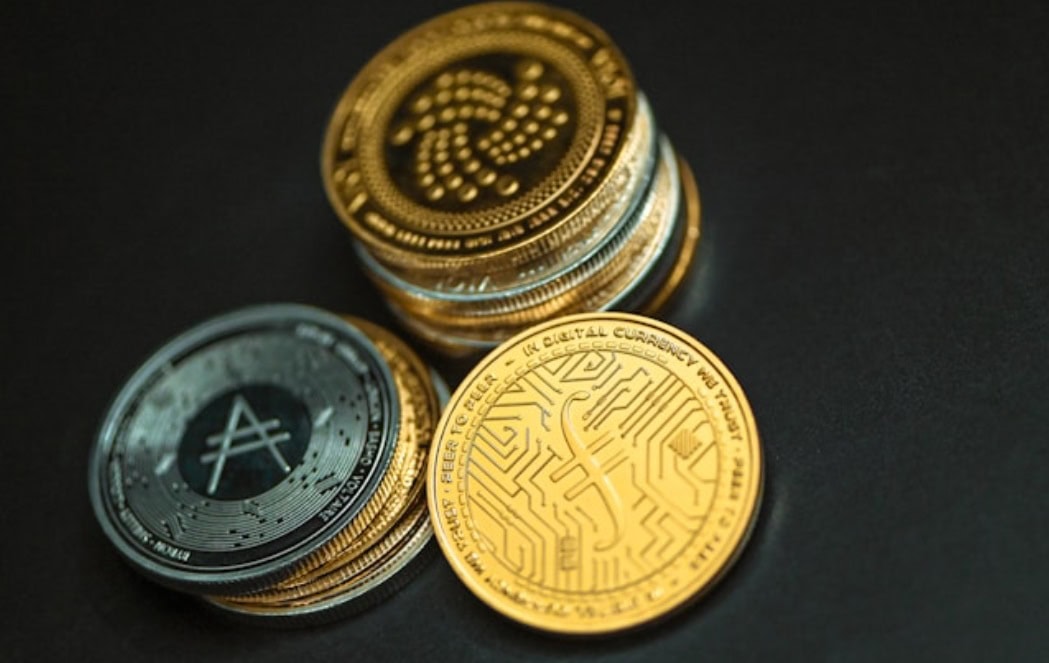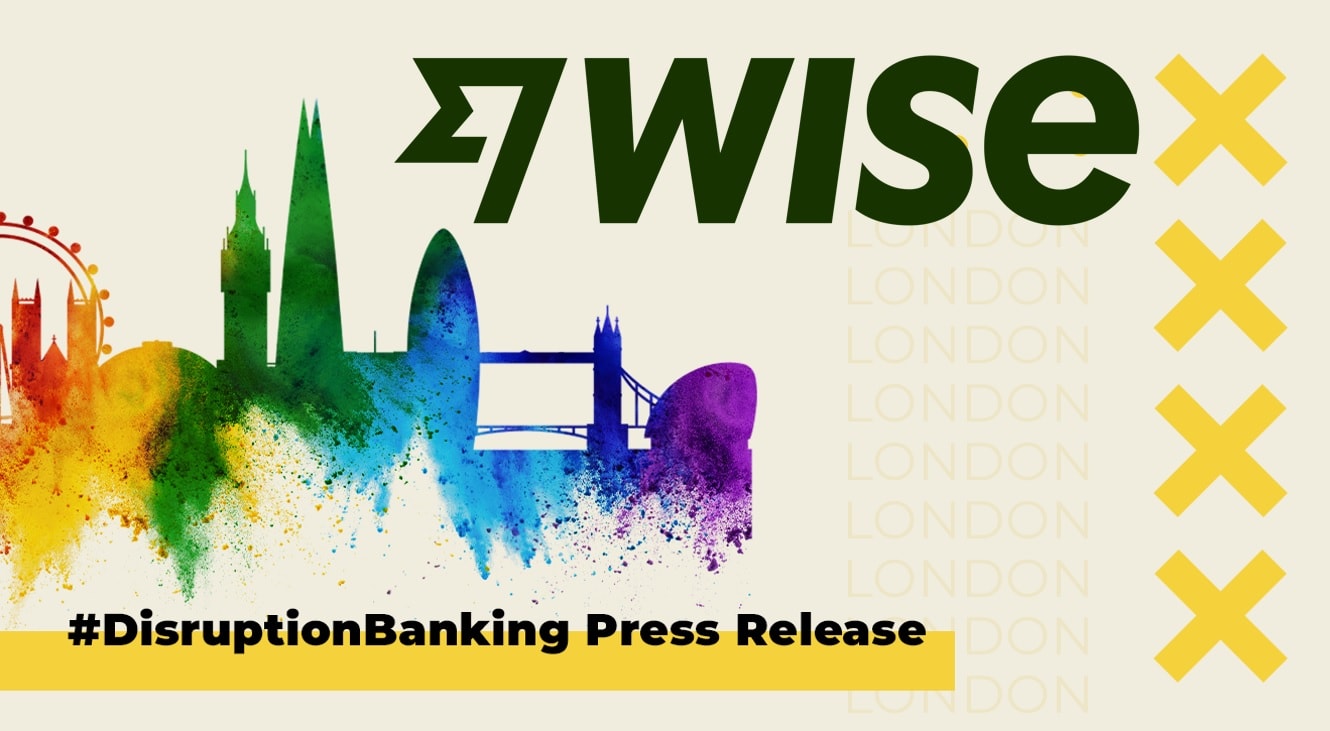At the start of February, we covered Amber Group’s acquisition of Japanese crypto-asset exchange DeCurret. Amber Group is a global digital asset platform which manages $5 billion worth of digital assets on its platform, and recently took the decision to enter the Japanese crypto market.
Today, @ambergroup_io, a leading global digital asset platform, announced that it has acquired DeCurret Inc., the crypto asset exchange subsidiary of DeCurret Holdings Inc.#JapaneseCrypto #DigitalAssets #Cryptocurrency https://t.co/U1oGQrn34W
— #DisruptionBanking (@DisruptionBank) February 1, 2022
But what does the crypto market look like in Japan? What opportunities does the country offer for investors like Amber Group? What might growth crypto growth in the East Asia region look like in the months and years ahead? To discuss all of this, DisruptionBanking spoke to Amber Group’s CEO, Michael Wu.
Michael believed that the DeCurret acquisition was a “natural decision” for Amber Group, which has long been keen to enter the Japanese market. After all, the country has a “very high crypto adoption rate – over 10%, which is huge for a large economy with over 100 million people.” The population itself is “very technology savvy” and therefore offers a strong cultural fit for a crypto company: the country is “one of the largest producers of some of the most important digital IPs – right from games to animation and manga” and in many respects is a genuinely “technology-driven society.” Embracing new technologies like the blockchain is already “in its DNA.” All of these conditions made Japan a very attractive proposition for Amber Group:
“As a global digital finance platform, Amber Group is servicing customers from all around the world – from the largest, billion-dollar institutions, to everyday customers. As Japan is one of the largest markets globally, in terms of digital finance and crypto, it’s one of the most important.
“Japan has a hugely digitally native, highly educated and high-income population – that’s the ideal target customer base for a digital finance business.
“Japan also has a very clear regulatory framework – Japan’s Financial Services Agency (FSA) has clear licences for companies in the crypto space. This allows Amber to operate in a compliant and regulated fashion with crypto finance technology.
“So it was just a matter of which partner to work with for us to enter the Japan market – the willingness was always there. DeCurret made sense because, like Amber, they have a very compliant, regulated, long-term focus.”
We are excited to announce our acquisition of @DeCurret. As one of the 30 registered CAESPs, this marks our operational entry into Japan. https://t.co/Hn0B4JRU0C
— Amber Group (@ambergroup_io) February 1, 2022
Michael’s emphasis on compliance and regulation is interesting. After all, as DisruptionBanking has looked at frequently, many major players in the crypto space remain completely unregulated – including by far the world’s largest, Binance. Arguably, this lack of protection has put many consumers off investing in cryptoassets because of the perception of crypto as a “wild west.” Michael believes that the DeCurret model – of full compliance – is the only viable way forward for the industry:
“I think being regulated and compliant is the future of crypto because – let’s be honest – crypto will not go mainstream without the permission or endorsement of governments. If governments feel that they cannot regulate it, or if they’re not comfortable with it, then it will not be accessible for most people. In order for crypto mass adoption to happen, you’ve got to play within the framework of regulation.
“There are many different opinions, of course, especially from a lot of the early crypto natives that believe it exists to revolutionise the economy. But it’s important to be realistic. Most people – average consumers – want to go with what governments and regulators tell them is safe.
“Being compliant and regulated is a choice – you can be very profitable and successful without being regulated, but you are probably only going to attract consumers with quite a high risk appetite.”
That said, perhaps it is easier to be compliant in Japan than in some jurisdictions. After all, Michael believes that Japan’s pro-technology culture “almost forced the regulators to embrace new technologies like crypto” and, as he mentioned previously, the country has been notable for having a clear regulatory framework. Indeed, Bitcoin was given its “official blessing” in Japan as early as 2017:
Bitcoin gets official blessing in Japan https://t.co/kWcRA08Rr4
— Finance News (@ftfinancenews) October 17, 2017
As Michael explained further:
“The Japanese regulators had the first and probably still one of the most sophisticated frameworks for crypto regulation. Japan had this in place for crypto all the way back in 2018. This was way ahead of most major economies in the world. And over the past three or four years, that has continued to develop into specific rules for certain virtual assets. There are also services provider licenses, for example, or financial broker licenses which outline how you can work with crypto companies and cryptoassets. There are also clear rules on the payment side, and taxation.
“Now in Japan, we’re looking at a very clear regulatory framework for what to do and what not to do. That’s tremendously important because it makes crypto entrepreneurs and crypto companies like ourselves comfortable that we are able to innovate. We can build businesses and service our customers based on these frameworks.”
Partly as a result of these conditions, Japan has a more mature crypto market than exists in some parts of the world. There is an awareness that unsophisticated retail investors should not be offered complex and risky DeFi products; DeCurret for one aims to prove that crypto products are not the “highly speculative, highly risky products” that some consider them to be. While the company offers “powerful institutional liquidity offerings” for financial services companies, they are careful to offer more realistic and sensible propositions for retail consumers:
“Our philosophy is different from just trying to get people to look at the candlesticks, guess whether the market is going to go up or down, and try to make loads of money on high-risk products. There is definitely a target market there, some guys will get excited at the prospect of becoming a millionaire if they buy the right coin or trade futures successfully. But most people on the street are not like that.
“You want to target people who want to grow their wealth sustainably. You want to offer these people something they can feel more comfortable with and be confident that they’re not going to lose all their savings. And they can actually growth their wealth sensibly – not in an extreme way, like by five times in a day – but over time.
“This is especially true in a market like Japan. The interest rate is negative. People are happy with a yield of a few percentage points because this is already more than the other options they have. By suggesting crazy crypto returns of 5000%, what you’re saying is it’s too good to be true, and of course there’s a lot of risk associated with it. But by offering a stable, single-digit yield – with an asset they can also use and spend conveniently – you’re offering them a real benefit.”
We've just seen record low yield of 0.0000000091% in Japan's corporate bond market. https://t.co/8DMJ3Iobcq
— Tracy Alloway (@tracyalloway) October 16, 2019
It would appear that Japan is an attractive place for any digital assets company to expand into. Crucially, unlike most regions of the world, the crypto market appears to have reached a sufficient degree of sophistication. Clear regulations are in place to ensure that consumers are protected and innovation can flourish – giving companies like DeCurret the regulatory framework needed to progress with confidence. Because of this maturation, there also appears to be a degree of self-regulation within the Japanese crypto market; an awareness that claiming crypto can offer astronomical returns is not responsible – and indeed unnecessary.
This could mean that Japan is set for strong growth in the crypto and DeFi space in the years ahead. It is certainly a market that DisruptionBanking will be keeping an eye on.
Author: Harry Clynch
#AmberGroup #Japan #Asia #DigitalAssets #Crypto #Blockchain #DigitalFinance #Regulation #Compliance















